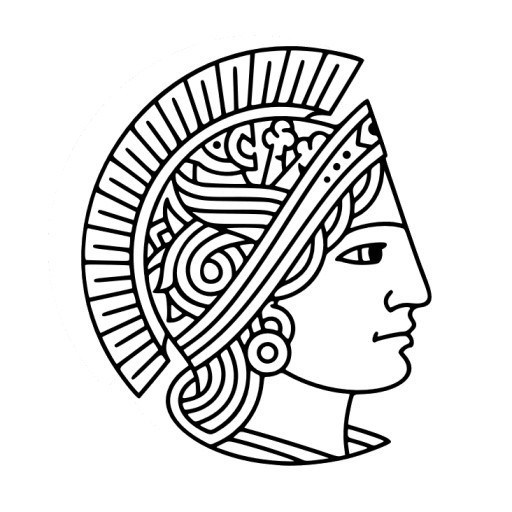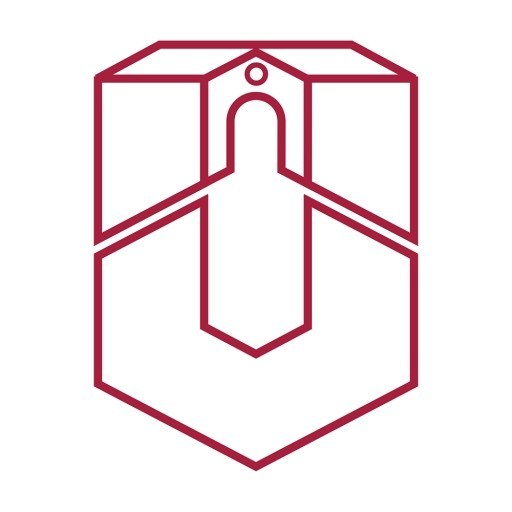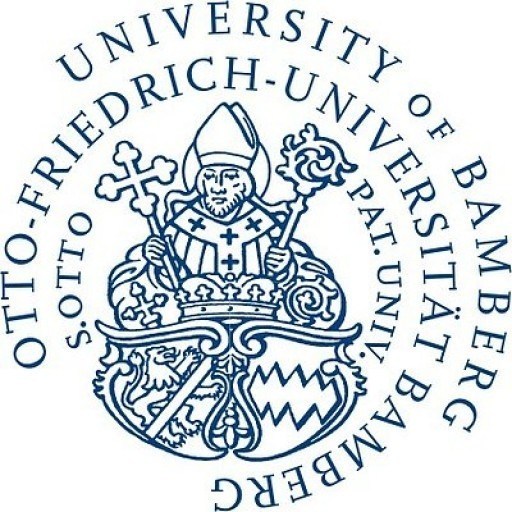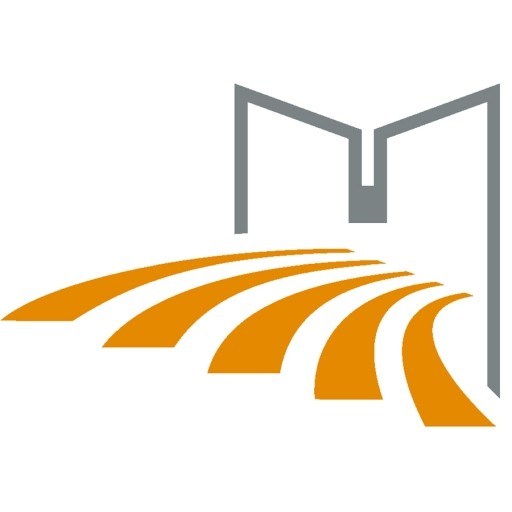Photos of university / #unigoettingen
Euroculture: Society, Politics and Culture in a Global Context is a multidisciplinary international master's program designed to prepare students for active engagement in Europe’s complex social, political, and cultural dynamics. This program aims to equip students with a profound understanding of the historical development of European integration, the diversity of its societies, and the contemporary challenges faced by the continent. Through a comprehensive curriculum, students explore topics such as European history, politics, cultural studies, law, economics, and international relations, enabling them to analyze and interpret the multifaceted processes shaping Europe today.
The program emphasizes an intercultural and interdisciplinary approach, encouraging students to compare perspectives from different European regions and to critically assess policies and societal changes. Students benefit from mobility across multiple European universities, gaining international experience and fostering cross-cultural understanding. The curriculum combines theoretical frameworks with practical skills, including policy analysis, research methodology, and communication, preparing graduates for careers in academia, public administration, NGOs, international organizations, and private sector entities involved in European affairs.
Participating universities include the University of Göttingen, University of Deusto, University of Strasbourg, and University of Budapest, among others. This collaborative structure provides students with a unique opportunity to experience diverse academic environments and networks. The program culminates in a joint or double degree, enhancing graduates' employability and international credentials. Students are guided by a faculty of experienced academics and practitioners dedicated to fostering critical thinking, intercultural dialogue, and a nuanced understanding of Europe as a dynamic and diverse region.
Overall, Euroculture offers an enriching educational experience for those interested in the societal, political, and cultural dimensions of Europe within a global context. It prepares graduates to become informed and engaged professionals capable of contributing to European integration and intercultural understanding in an increasingly interconnected world.
Erasmus Mundus Euroculture: Society, Politics and Culture in a Global Context is a prestigious international master's programme offered by the University of Göttingen. This comprehensive program aims to equip students with a deep understanding of the complexities of contemporary European society, politics, and culture within a globalized world. Throughout the programme, students explore a wide range of interdisciplinary topics, including European integration, identity, multiculturalism, human rights, democracy, and the socio-political challenges facing Europe today.
The curriculum is designed to foster critical thinking, comparative analysis, and research skills. Students engage in rigorous coursework, combining theoretical frameworks with practical insights, to analyze the historical and cultural developments that have shaped modern Europe. The programme promotes an active learning environment, encouraging students to participate in discussions, seminars, and workshops led by renowned academics and practitioners from across Europe.
A distinctive feature of the Euroculture master's programme is its mobility component. Students undertake studies at two different European universities, gaining international exposure and cross-cultural competencies. Each student will spend one semester at the University of Göttingen and another at a partner university in either Spain, Italy, or the Netherlands, among others. This mobility not only enriches the academic experience but also enhances language skills and intercultural understanding.
The programme also emphasizes practical experience and employability. Students have opportunities to engage in internships, participate in European projects, and attend conferences and events related to European affairs. This experiential learning helps students build professional networks and prepares them for careers in academia, public administration, international organizations, NGOs, and the private sector.
Graduates of Euroculture benefit from a double master’s degree awarded jointly by partner universities, providing a significant advantage in the European and international job markets. The programme is also supported by the Erasmus Mundus funding scheme, which offers scholarships to outstanding students worldwide, promoting diversity and inclusion within the student body.
Overall, the Erasmus Mundus Euroculture programme offers an in-depth, interdisciplinary education that prepares students to become informed, critically minded experts capable of contributing to the societal, political, and cultural development of Europe in a global context.
The Erasmus Mundus Euroculture: Society, Politics and Culture in a Global Context program at the University of Göttingen requires prospective students to demonstrate a strong academic background in social sciences, humanities, or related fields. Applicants must hold a relevant undergraduate degree or an equivalent qualification that provides a solid foundation in topics such as history, political science, anthropology, international relations, or cultural studies. A minimum GPA or academic achievement standard is usually stipulated, reflecting the university’s commitment to maintaining high academic standards.
Language proficiency is a critical requirement; applicants must provide evidence of proficiency in English, typically through standardized tests like TOEFL or IELTS. The required scores vary depending on the test but generally align with the university’s admissions criteria. Additionally, applicants should submit a motivation letter outlining their interest in the program and their career objectives, along with a curriculum vitae detailing their academic and professional experience. Letters of recommendation from academic referees are also necessary to assess the applicant’s suitability for the interdisciplinary and international nature of the programme.
The program is structured around the mobility of students across partner universities in different countries, so candidates must be willing to participate in international travel and adaptable to varied cultural environments. A successful application often demonstrates intercultural awareness and motivation to engage with contemporary global issues related to politics, society, and culture.
Applicants are encouraged to review specific scholarship and funding details, as financial aid opportunities are part of the program's offerings. The application process usually involves an online submission, followed by an interview or additional assessments if requested. The program emphasizes critical thinking, intercultural competence, and a comprehensive understanding of socio-political processes in a globalized world. These requirements aim to select highly motivated individuals with a commitment to advancing knowledge and contributing to intercultural dialogue in their future careers.
The Erasmus Mundus Euroculture program offers a comprehensive financing structure designed to support students throughout their studies. Funding opportunities include scholarships provided by the European Union, which cover tuition fees, living expenses, and travel costs. These scholarships are highly competitive and aim to attract highly qualified students from around the world. Candidates are evaluated based on academic excellence, motivation, and potential contribution to the program’s objectives. Apart from Erasmus Mundus scholarships, students may also explore additional financial support options such as national grants, university-specific scholarships, and external funding sources to supplement their income during their studies. The program’s funding scheme also encompasses mobility grants, facilitating international exchanges across partner universities in Europe and beyond, thereby enriching students’ academic and cultural experiences. The overall aim of the financing studies is to reduce financial barriers and enable students from diverse backgrounds to participate fully in the program. Students are advised to consult the official Euroculture program website and the University of Göttingen’s financial aid resources for the most precise and current information on available scholarships, application procedures, and deadlines. The program’s funding model emphasizes inclusivity and diversity, ensuring that talented students with limited financial means can access high-quality education in society, politics, and culture in a global context. Additionally, students are encouraged to seek external funding opportunities, such as national student loans or employer sponsorships, which can provide extra financial security. By offering a range of financial aid options, the Euroculture program at Göttingen aims to support students financially while fostering a vibrant, international academic community committed to societal development.
Erasmus Mundus Euroculture: Society, Politics and Culture in a Global Context is a highly international and interdisciplinary Master’s degree program coordinated by the University of Göttingen. This program aims to prepare students for active engagement in Europe and beyond by providing in-depth knowledge of societal, political, and cultural issues on a global scale. The curriculum is designed to foster critical thinking, intercultural competence, and academic excellence, equipping graduates with skills essential for careers in academia, policy-making, international organizations, research, and cultural management.
The program is characterized by its mobility scheme, which encourages students to study across multiple European universities, including prestigious institutions such as the University of Göttingen, and other partner universities across Europe. This mobility offers students a unique opportunity to experience diverse academic environments, cultural perspectives, and regional contexts, thereby enriching their educational experience and broadening their worldview. Students typically spend a semester or year in each participating university, gaining varied insights into European society, politics, and culture.
Euroculture’s curriculum includes core modules in European integration, intercultural competence, political theory, and cultural studies, complemented by specialized electives tailored to individual interests. In addition to coursework, students undertake a joint/master thesis, often involving comparative studies or specific regional or thematic research. The program emphasizes both theoretical understanding and practical application, encouraging students to analyze contemporary issues such as migration, identity, globalization, and democratic governance within a European and international context.
The program is designed to attract a diverse student body from around the world, fostering an inclusive academic community that promotes intercultural dialogue and mutual understanding. Graduates receive a double degree or a joint degree, depending on the specific track they follow, which can enhance their employability and academic prospects. The program also facilitates networking with alumni, academics, and practitioners through seminars, conferences, and internships, further supporting students’ professional development.
Funding opportunities are available through Erasmus Mundus scholarships, which support international students in covering tuition fees, living expenses, and travel costs. The program’s dynamic structure and global perspective position it as an excellent choice for students interested in understanding the complex interactions shaping societies today and in preparing for international careers that require a nuanced understanding of political, social, and cultural dynamics.
The University of Göttingen’s involvement provides students access to its extensive academic resources, research centers, and a vibrant academic community renowned for excellence in social sciences and humanities. Overall, the Euroculture program offers an enriching educational journey that combines rigorous academic coursework with immersive cultural experiences, equipping graduates for meaningful contributions in the global arena across various sectors related to society, politics, and culture.






